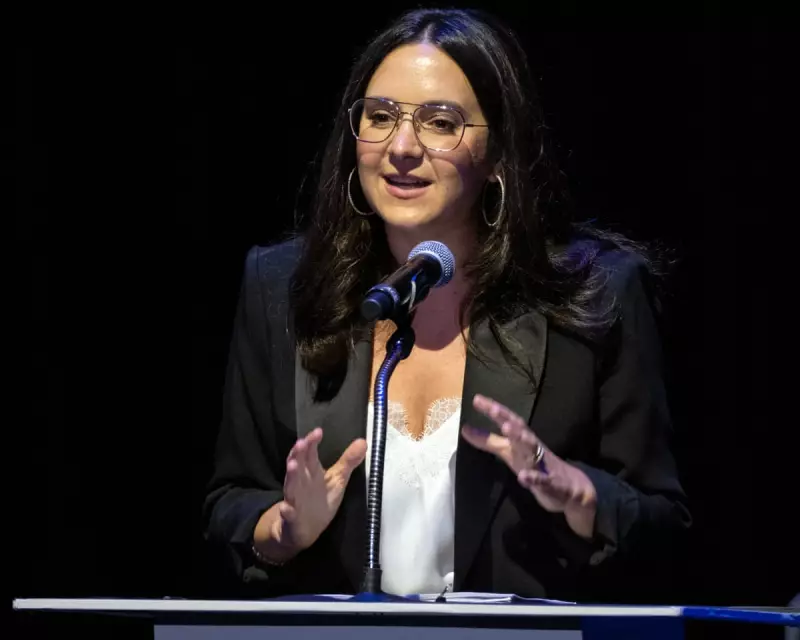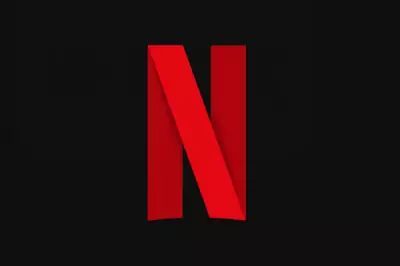
The appointment of prominent journalist Bari Weiss to CBS News has ignited significant controversy within the American media landscape, revealing deep divisions about the future direction of mainstream journalism.
From New York Times to CBS: A Controversial Move
Weiss, who resigned from The New York Times in 2020 amid considerable public attention, is joining CBS News as a contributor. Her departure from the Times followed intense criticism from colleagues over her views on identity politics and campus culture, which many staffers claimed created an unsafe working environment.
During her three-year tenure at the Times, Weiss positioned herself as a vocal defender of free speech and intellectual diversity, often challenging what she described as "illiberal" trends within progressive circles.
The Resignation That Made Headlines
Weiss's resignation letter became a viral sensation, accusing the Times of succumbing to "Twitter activism" and creating an environment where ideological conformity trumped journalistic integrity. Her departure statement read: "The lessons of the last three years have made it clear that The New York Times is no longer committed to the principles of open debate and intellectual freedom."
Since leaving the newspaper, Weiss has founded her own media venture, The Free Press, which has attracted substantial subscription revenue and a loyal readership seeking alternative perspectives.
CBS Faces Internal Backlash
The decision to bring Weiss into the CBS News fold has reportedly caused significant internal dissent. Sources indicate that some staff members have expressed concerns about how her appointment aligns with the network's commitment to inclusive journalism.
Weiss's critics point to her involvement in campus speaking events where she debated gender identity policies and her criticism of diversity, equity, and inclusion initiatives as evidence of views that might undermine CBS's editorial standards.
A New Chapter in Media Polarisation
This appointment comes at a time when American news organisations are grappling with questions about objectivity, bias, and the role of journalism in an increasingly polarised society. Weiss's hiring represents CBS's attempt to broaden its ideological spectrum, potentially appealing to audiences who feel alienated by traditional media.
Supporters argue that Weiss brings much-needed intellectual diversity to the network, while detractors worry her presence could damage CBS's reputation for balanced reporting.
As the media landscape continues to evolve, the Bari Weiss appointment serves as a bellwether for how traditional news outlets are navigating the treacherous waters of political polarisation and audience fragmentation.





